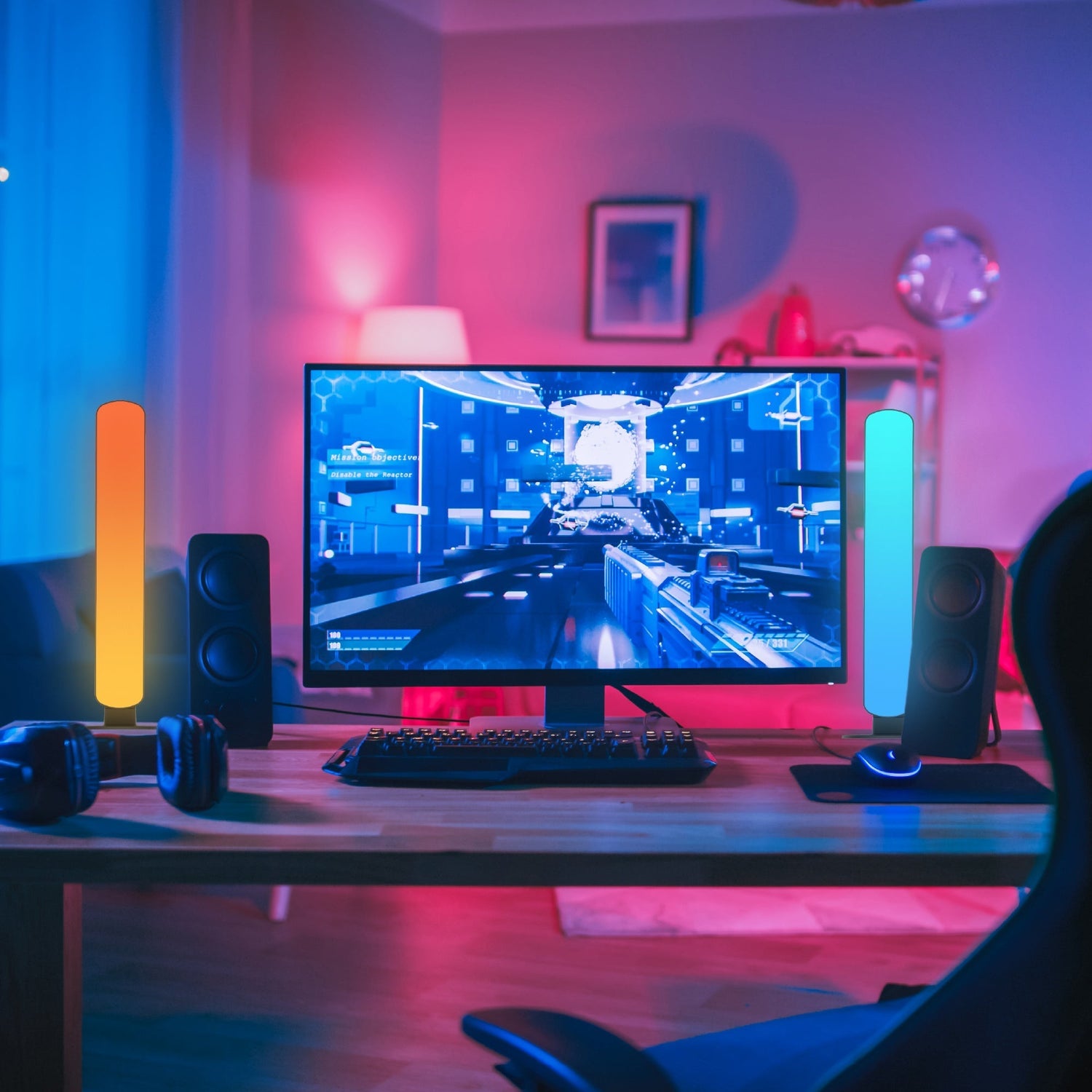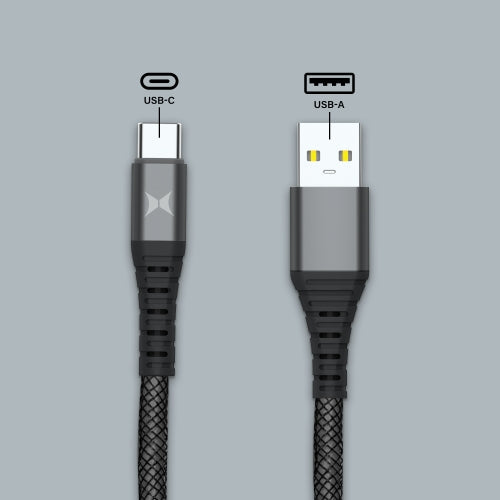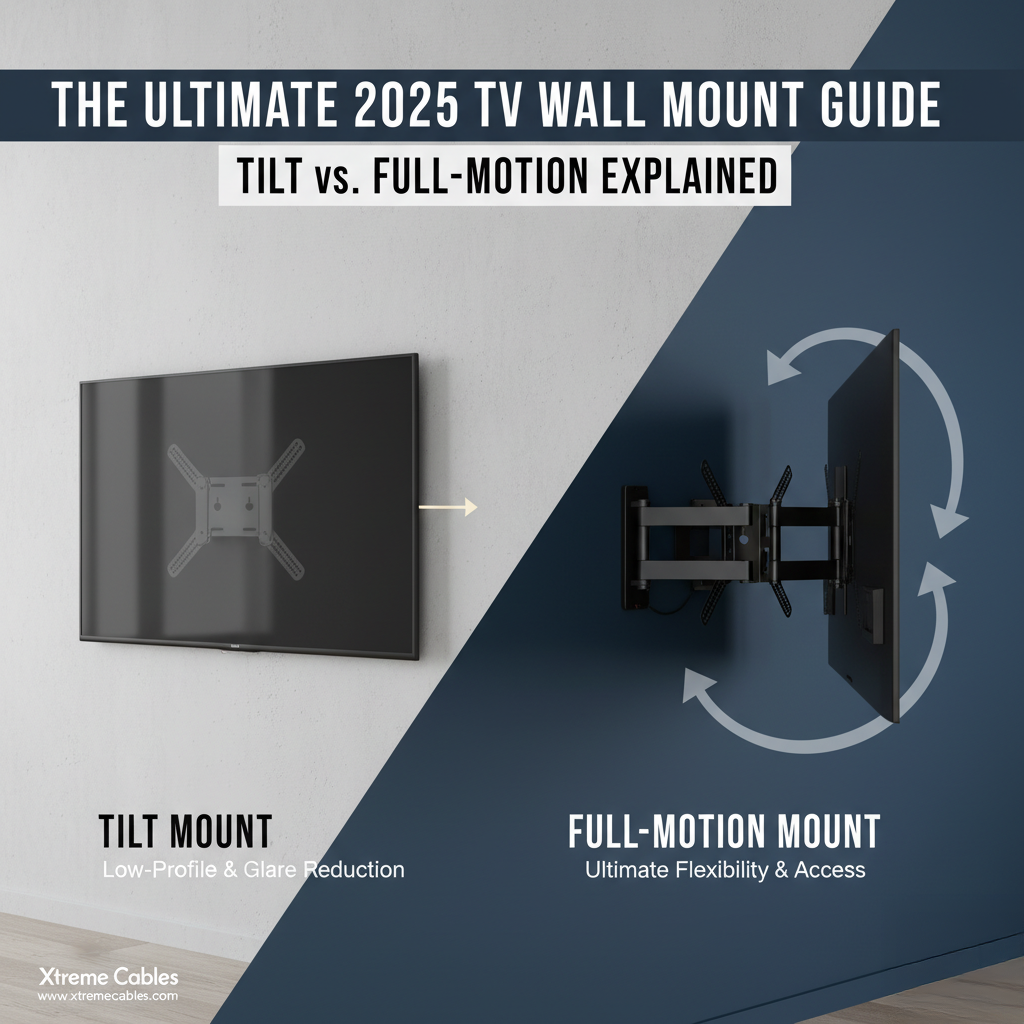You've invested in a cutting-edge console or a beastly gaming PC, a stunning 4K monitor or TV, and a high-refresh-rate display. You've got the fastest internet, a comfortable gaming chair, and a headset that lets you hear every enemy footstep. But what about the often-overlooked hero that ties it all together? Your HDMI cable.
Many gamers mistakenly believe "an HDMI cable is an HDMI cable." While any cable might work, using the wrong one can bottleneck your expensive setup, leading to reduced frame rates, lower resolutions, input lag, and a generally less immersive experience.
Don't let a simple cable hold back your gaming potential. This guide will walk you through everything you need to know to choose the best HDMI cable for gaming, ensuring you get every pixel, every frame, and every advantage your system is capable of delivering.
Why Your HDMI Cable Actually Matters for Gaming
It's not just about getting a picture on the screen. For serious gaming, your HDMI cable is the pipeline for critical data:
-
High Resolutions: 4K, 8K, and beyond.
-
High Refresh Rates: 120Hz, 144Hz, 240Hz for silky-smooth motion.
-
High Dynamic Range (HDR): Richer colors and deeper contrast.
-
Variable Refresh Rate (VRR): Eliminates screen tearing (G-Sync, FreeSync, HDMI Forum VRR).
-
Enhanced Audio: Dolby Atmos, DTS:X for immersive sound.
An outdated or low-quality HDMI cable simply can't handle the bandwidth required for these demanding features, forcing your system to compromise on performance.
Decoding HDMI Versions: Your Gaming Checklist
The most important factor is the HDMI version number, as this dictates the cable's bandwidth and, consequently, what features it can support.
1. HDMI 2.0 (High Speed with Ethernet)
-
Bandwidth: 18 Gbps
-
Supports: 4K at 60Hz, HDR (limited versions), basic VRR (less common).
-
Good for: Older 4K TVs, PlayStation 4 Pro, Xbox One X, or gaming PCs targeting 4K 60Hz or 1080p 144Hz.
-
The Verdict: While still functional, HDMI 2.0 is quickly becoming outdated for modern gaming. If you're buying new, aim higher.
2. HDMI 2.1 (Ultra High Speed)
-
Bandwidth: 48 Gbps
-
Supports: 4K at 120Hz, 8K at 60Hz, full HDR (HDR10+, Dolby Vision), eARC (Enhanced Audio Return Channel), and crucially, all advanced VRR technologies (HDMI Forum VRR, FreeSync, G-Sync Compatible via HDMI).
-
Good for: PlayStation 5, Xbox Series X|S, NVIDIA RTX 30/40 Series, AMD RX 6000/7000 Series graphics cards, and all modern high-refresh-rate 4K/8K TVs and monitors.
-
The Verdict: This is the gold standard for current-gen gaming. If you have a PS5, Xbox Series X|S, or a powerful gaming PC, an HDMI 2.1 cable is absolutely essential to unlock your system's full potential.
What About HDMI 2.0b, 2.0a, etc.?
These are minor revisions within the HDMI 2.0 standard, mostly adding small features like HDR support. For gaming, just focus on 2.0 vs. 2.1. If it's not explicitly 2.1, assume it's limited to 18Gbps bandwidth.
Beyond the Version Number: Other Key Considerations
Once you've settled on HDMI 2.1, a few other factors ensure you pick the perfect cable.
-
Certification: Look for the "Ultra High Speed HDMI Cable" certification label. This ensures the cable has been tested to meet the demanding 48Gbps bandwidth requirements of HDMI 2.1. Don't fall for marketing jargon like "premium high-speed" for HDMI 2.1 features.
-
Length: For optimal performance, keep your HDMI cable as short as possible. For runs under 10-15 feet, a passive copper cable is fine. For longer distances, you may need an active (often fiber optic) HDMI cable to maintain signal integrity, which can be significantly more expensive.
-
Build Quality: While not directly affecting bandwidth, good build quality means durability. Look for features like:
-
Braided jacket: Resists tangling and abrasions.
-
Gold-plated connectors: Offers corrosion resistance (though less critical for digital signals than analog).
-
Robust strain relief: Prevents damage where the cable meets the connector.
-
The Xtreme Cables Difference: Our Top Picks for Gamers
At Xtreme Cables, we understand that every frame and every pixel counts. That's why we've engineered our HDMI cables to meet the rigorous demands of modern gaming.
1. Xtreme Cables Ultra Gaming HDMI 2.1 Cable (Our Top Recommendation)
-
Perfect for: PS5, Xbox Series X|S, high-end gaming PCs, and 4K 120Hz/8K 60Hz displays.
-
Why it's essential: This cable is fully HDMI 2.1 certified, guaranteeing the full 48Gbps bandwidth needed for uncompressed 4K 120Hz, 8K 60Hz, VRR, ALLM, and eARC. It's built with premium materials for maximum durability and minimal signal loss.
-
Unlock: Native 4K 120Hz, G-Sync/FreeSync via HDMI, crisp HDR, and zero input lag.
2. Xtreme Cables High-Performance HDMI 2.0 Cable
-
Perfect for: PS4 Pro, Xbox One X, Nintendo Switch, and gaming setups targeting 4K 60Hz or 1080p 144Hz.
-
Why it's still great: If your equipment doesn't support HDMI 2.1 (yet!), our High-Performance HDMI 2.0 cable provides reliable 18Gbps bandwidth for excellent 4K 60Hz HDR visuals and solid 1080p high refresh rate gaming. It's a significant upgrade over basic cables.
-
Unlock: Reliable 4K 60Hz, vibrant HDR on compatible devices, and consistent performance.
Conclusion: Don't Let Your Cable Be the Weak Link
You've invested too much in your gaming setup to let an inferior HDMI cable be the bottleneck. Upgrading to the correct HDMI version, especially an HDMI 2.1 certified cable for current-gen systems, is one of the easiest and most impactful ways to unlock your hardware's full potential.
Don't settle for anything less than the best. Explore Xtreme Cables full range of HDMI cables today and experience your games the way they were meant to be played – with stunning visuals, lightning-fast response times, and immersive audio. Level up your game, one cable at a time.




Leave a comment
This site is protected by hCaptcha and the hCaptcha Privacy Policy and Terms of Service apply.